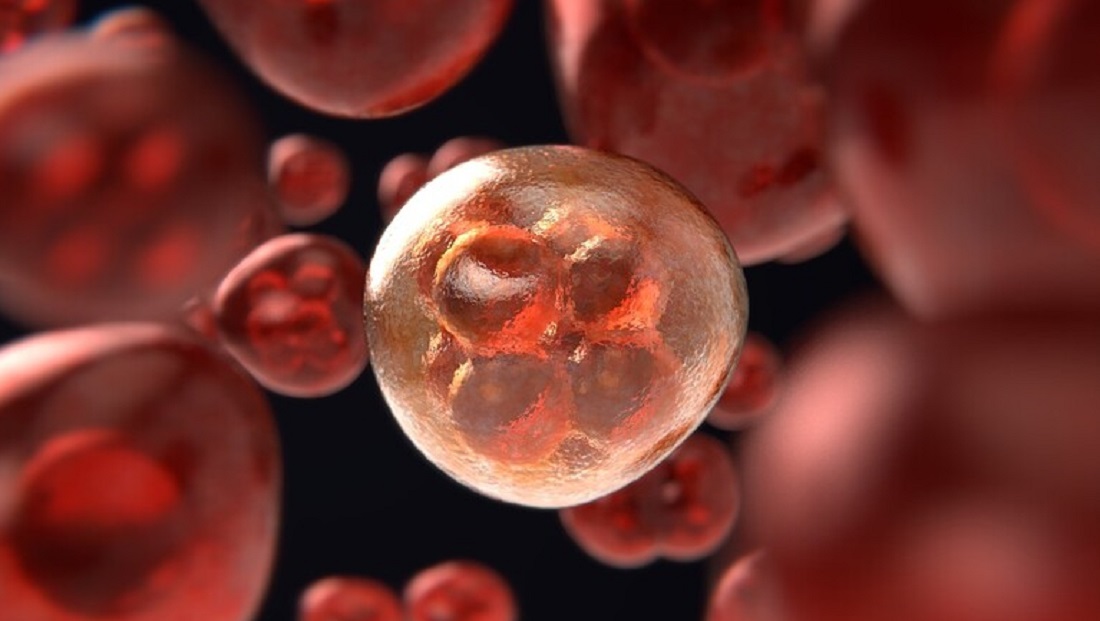Numerous previous studies have already demonstrated a correlation between obesity, height and an increased risk of developing cancer, including colorectal cancer. For example, a 2022 study highlighted that people of European origin, both tall and obese, have a greater risk of developing this form of cancer. However, new data indicate that this pattern may extend to a wide range of ethnic groups.
The global study
An international team of researchers examined health data from more than 300,000 individuals of different ethnic backgrounds, including Caucasian, African, Asian and Chinese. For the study, published are Science Advancesresearchers examined the impact of height, obesity, and fat distribution on colorectal cancer risk.
Their analysis confirmed that both obesity and height can significantly influence the risk of colorectal cancer in all these groups.
Body shape, a key factor
One of the most interesting conclusions of the study was the division of participants into four distinct groups based on body shape. These groups showed significant differences in colorectal cancer risk, highlighting the importance of body fat distribution.
The four groups were:
PC1: Generally obese.
PC2: High, but with more distributed fat mass.
PC3: High, with greater obesity in the central part.
PC4: Shorter, with heavy weight but smaller waist and hip measurements.
The results of the study revealed that individuals in groups PC1 and PC3 had a significantly higher risk of colorectal cancer than the other groups. This suggests that not only obesity, but also the specific distribution of body fat, may influence the risk of this disease.
To better understand the mechanisms underlying these findings, the researchers conducted a genome-wide study, identifying thousands of genetic variants associated with body shape. These findings revealed significant differences in gene expression between different body groups, offering valuable insights into the biological processes involved.
These new findings raise a number of questions about the relationship between body shape, genetics and colorectal cancer risk. Further research is needed to identify the specific genes involved and fully understand the mechanisms underlying this connection.
